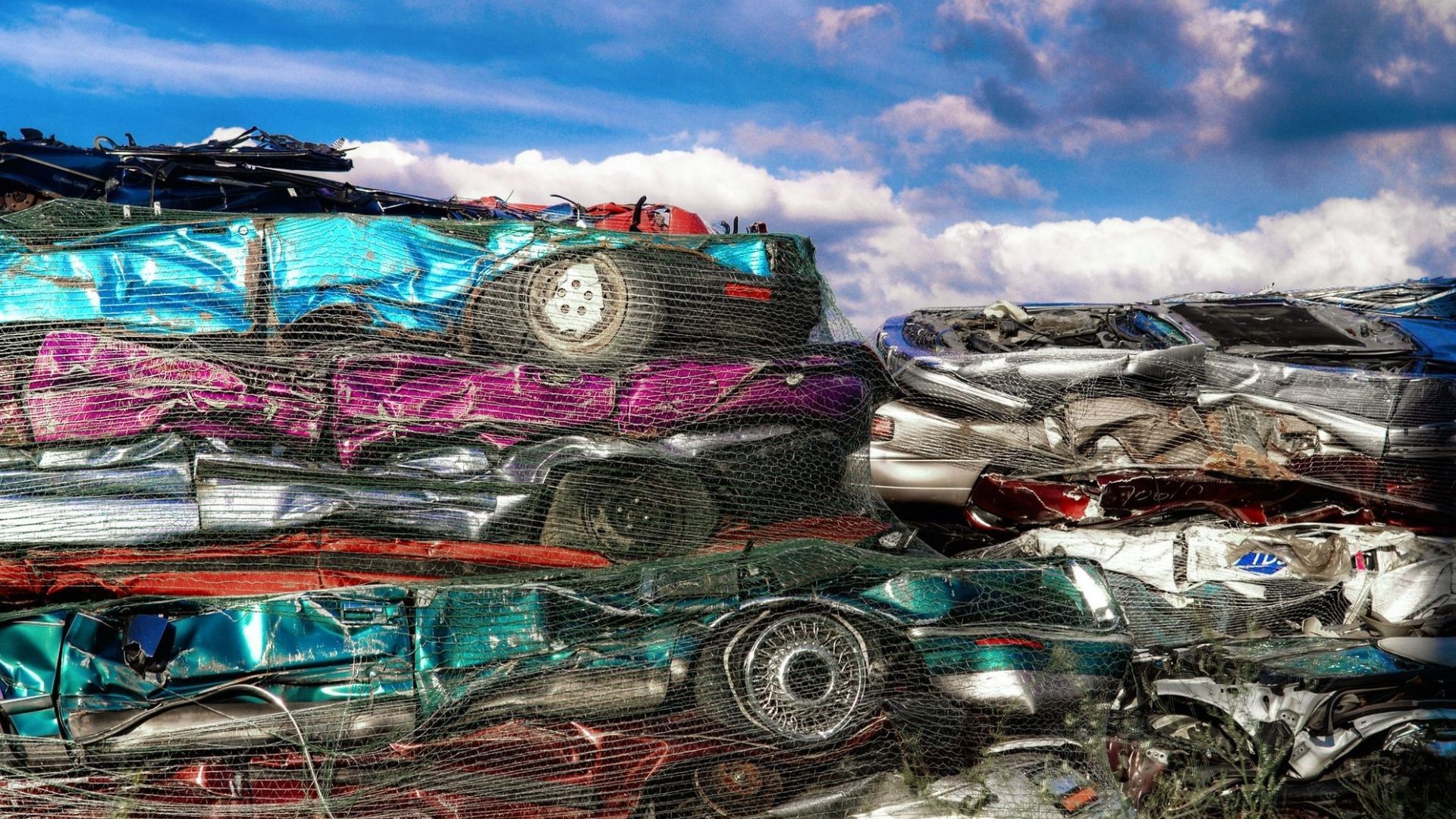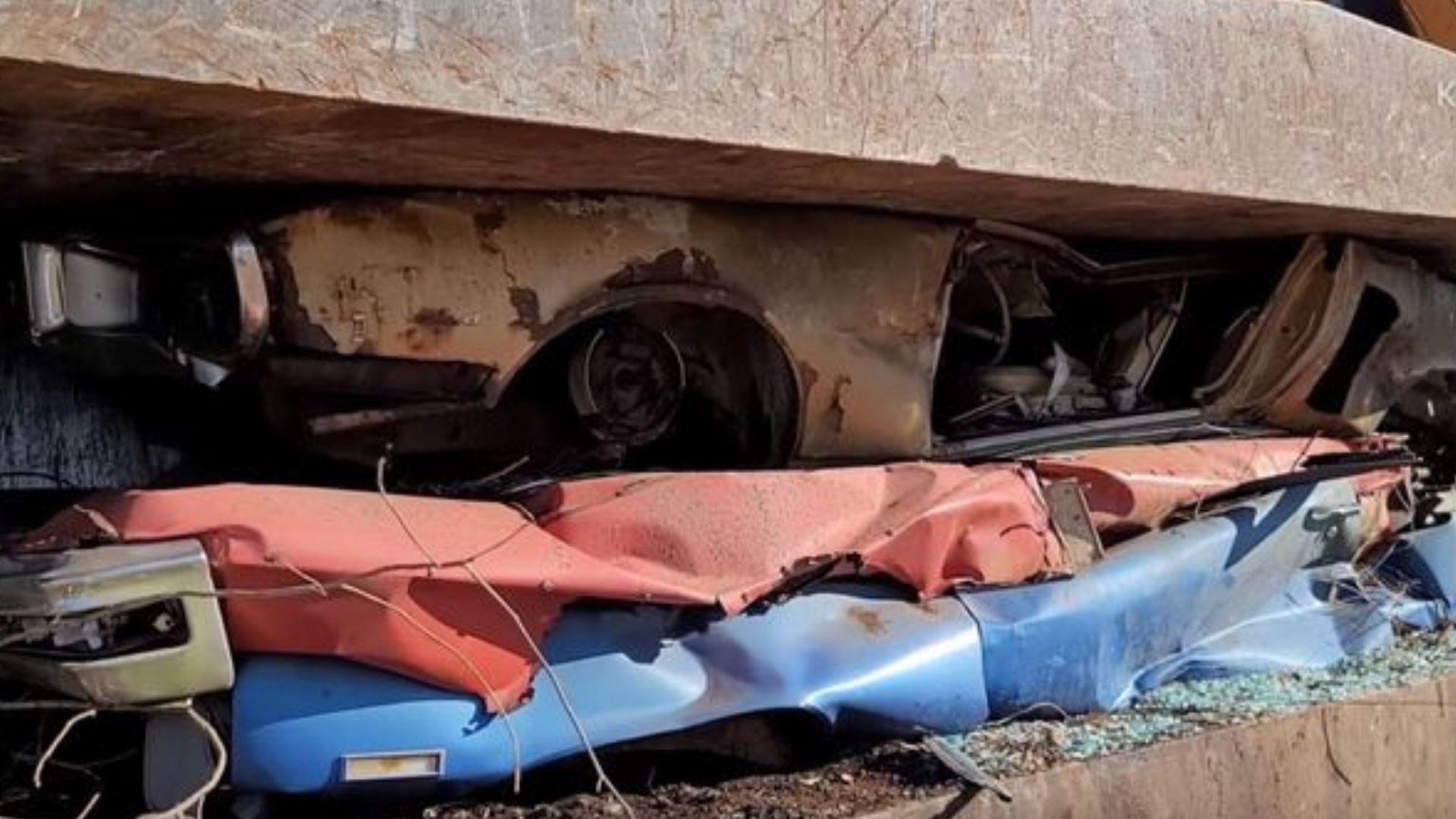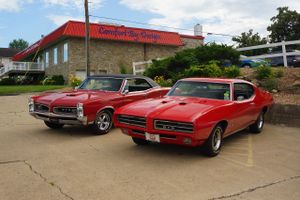Believe it or not, some think getting your classic car off the road will save the planet…
EDM Chicago, an entertainment industry publication, recently ran an op-ed titled “Should Old Cars Be Banned to Combat Pollution?” In it, the author argues that junking old cars would cut pollution and specifically carbon emissions, thus saving the planet from the specter of global warming or climate change. The unfortunate thing is she engages in an emotional argument, making many assumptions based likely on what she and probably you have been told through traditional media outlets: that old, inefficient cars are wrecking the environment; switching to electric vehicles will solve this problem; and the science surrounding what’s causing any increase in temperatures is settled.
The EPA is sending armed agents to raid auto shops. Find out why here.
This author jumps in full-force, claiming older cars – again she doesn’t say just how old these cars are – obviously pollute more since they were made when emissions standards were looser. She’s assuming that vehicle emissions are single-dimensional, when in fact the issue is far more complex. As the government mandates not only tougher emissions standards but also more and more safety equipment and durable vehicle structures, cars have become bigger and heavier than ever (not to mention more expensive). For example, a 2021 Honda Civic’s curb weight is between 2,771 to 3,012 lbs. The curb weight for a 1989 Honda Civic was just 2,286 lbs., which is a huge difference.

While newer internal combustion engines are more fuel-efficient, the fact they have more weight to move down the road can help negate at least some of the gains. This is just one way the issue is far more complex than this author would like to pretend.
There’s a saying that the least-polluting car is the one which is well-maintained and kept on the road. When people just junk their “old” cars and get something new, they’re buying a vehicle which just went through a manufacturing process that involves polluting far more than just driving around town.
She goes on to cite different governments which have banned classic cars, especially those without catalytic converters, from driving in different areas, most famously Paris, France. She seems to feel this will make a big dent in city pollution. In our experience, most Americans who own classics drive them sparingly, mostly on the weekends and only for pleasure. Do you know anyone who commutes to work in a 1970 Chevelle SS? If so, you’re one of the very, very few. Banning “old” or classic cars from the road would have a tiny impact.

Banning cars which are about 20 years old from public roads would have a severe economic consequence for low-income households. People who don’t make much rely on older vehicles for affordable transportation. They simply can’t buy a newer car, but those who don’t struggle seem to not understand this simple concept. In fact, some have talked about how the economically-disadvantaged could buy electric cars with some government assistance.
Whether you like electric vehicles or not, there’s no denying that manufacturing them produces a large amount of pollution. In fact, thanks in large part to the processes to create the batteries, electric car manufacturing pollutes far more than manufacturing cars with internal combustion engines.
Then there’s the mining of rare earth minerals necessary to make electric cars. The process of extracting these is pretty horrific, both for workers and the surrounding environment. For example, in the Jiangxi area of China, workers must dig holes, then pour ammonium sulfate inside to dissolve the sandy clay so prevalent in the ground. Then they haul away the muck left over, bags and bags of the stuff, passing it through multiple acid baths, baking the leftovers in a kiln. Finally, the rare earth minerals are left, accounting for about 0.2 percent of everything extracted from the ground. What happens to the 99.8 percent of the minerals now mingled with toxic chemicals? It’s dumped back into the area, causing serious environmental issues for flora and fauna alike. Other rare earth mineral mines rely on machinery which runs off diesel or coal-fired electricity, an ironic twist in the process for making electric cars.

Speaking of coal-fired electricity, that’s likely what you use at your house. That means most EVs are running off coal, not electricity generated by wind or capturing energy from sunrays. Hydro or nuclear electricity are less common, but it could be argued are better for the environment, especially when it comes to carbon emissions. Coal is the most carbon-emitting fossil fuel out there, after all, so if your goal is to cut down on carbon emissions using coal-fired electric plants isn’t a good way to go about it.
Any time you hear anyone say “the science is settled” in any area, you know that person is engaging in manipulation, either intentional or not. One of the hallmarks of scientific discovery is the ability for some scientists to dissent. Having worked with and learned under scientists for years, I can tell you they will never all agree on complex topics.
As is true in math theorems, if I can find one example of a scientist who disagrees with the “consensus” that carbon emissions from driving cars (or even manufacturing) are undeniably increasing global temperatures, the statement that the “science is settled” in this area must be called into question. One prominent example of such a dissenter is MIT atmospheric physicist Richard Lindzen, who points out there are a myriad of inputs affecting the temperature of Earth. There are other climate skeptic scientists, but most media outlets like to pretend these experts don’t exist, thus giving viewers and readers the false notion that everyone agrees.
We already experienced a soft ban on old cars with the Cash for Clunkers program. Despite how some in the media have tried to spin it, that initiative was a colossal failure. Taking people’s cars by force would not only come with some of the same consequences, it’s authoritarian and wrong, not that some who believe deep in their hearts they’re saving the planet really care about civil liberties of the citizenry.
Check out the EDM Chicago op-ed for yourself here.






